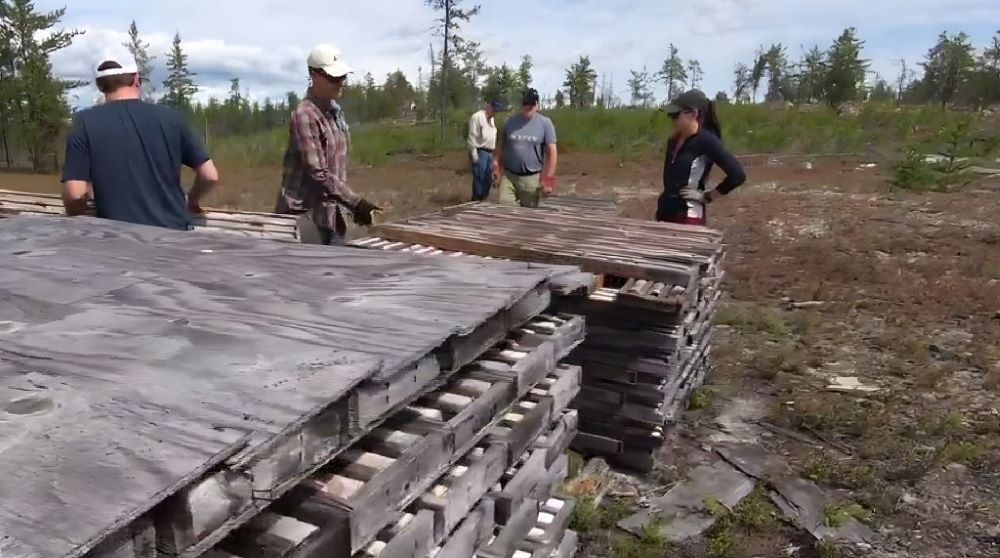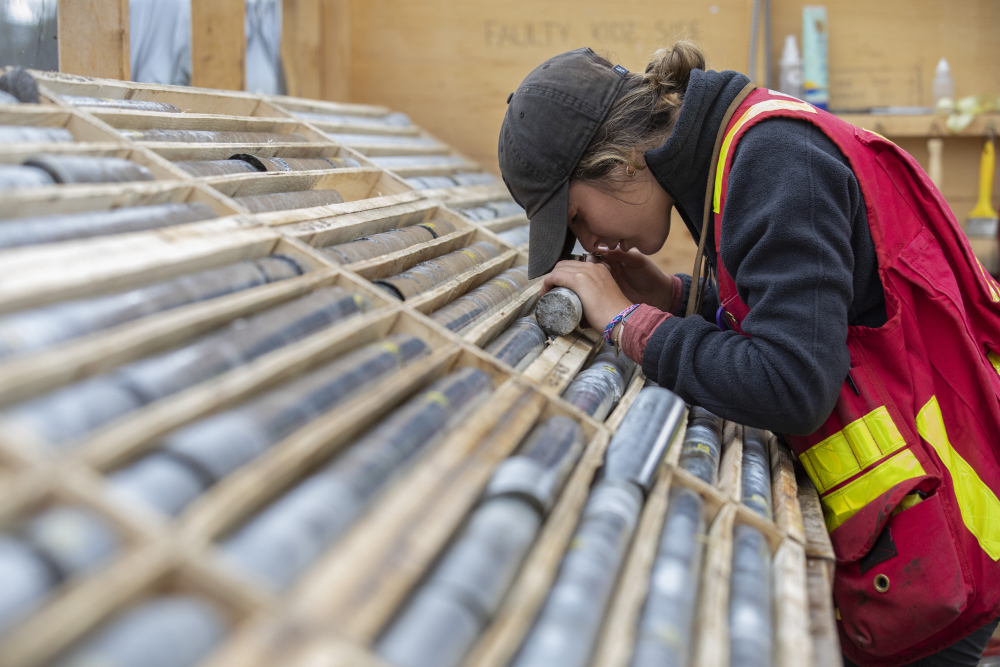VANCOUVER — Canadian giant Potash Corp. of Saskatchewan is considering a mega deal for Germany's K+S Aktiengesellschaft that could materially change the landscape in the fertilizer business. The world's largest potash producer announced on June 25 that it had made a "private proposal" to K+S that sets the stage for negotiations.
The deal would allow PotashCorp to re-assert some of its historic dominance over the fertilizer market since a combination of the two major companies would account for roughly 30% of global potash production. K+S owns the Legacy potash project in Saskatchewan, which it is developing for $4.1 billion. The German company reported in mid-March that it had secured roughly 75% of the development capital for the new mine.
Legacy is expected to produce nearly 3 million tonnes of potash annually after it hits production next year. The issue for PotashCorp is that K+S is not a member of the Canadian Potash Exporters (Canpotex), which essentially manages the Saskatchewan potash industry and exports an average of 9 million tonnes annually. PotashCorp accounts for the largest portion of that total, while Mosaic and Agrium round out the membership.
The global potash market was pretty much a duopoly between Canpotex and the Belarusian Potash Co. (BPC), a second consortium which exported Belarusian (Belaruskali) and Russian potash (Uralkali), until the BPC marketing group fell apart two years ago. There has speculation that Canpotex might be in danger of dissolving in the face of competing projects like Legacy and BHP Billiton's large-scale Jansen mine, which is also located in Saskatchewan.
"I think the answer is yes," commented PotashCorp president and CEO Jochen Tilk during a presentation in late May when asked if Canpotex could survive if K+S opted to operate outside the marketing consortium.
"The question is really whether Legacy could be in Canpotex or whether it should be independent; I can’t answer that because I can’t speak for our colleagues at K+S. Canpotex is not just an arrangement among three players. It’s got infrastructure. It owns thousands of railcars. It’s got some of the best port facilities, storage facilities, so there is a benefit. So my view is, yes, it can, and I think it will. And how it will come together at the end depends very much on K+S and how that plays out," he elaborated.
It appears that, in the end, PotashCorp doesn't want to take the chance that such a large mine might operate outside its market influence in its own back yard. According to analysts at Canaccord Genuity the deal could value K+S in excess of US$8.5 billion. PotashCorp is expected to mine around 9 million tonnes of potash this year, while K+S produces around 3.2 million tonnes annually.
BMO Capital Markets analyst Joel Jackson wrote in a research comment that gaining control of K+S's German assets, along with Legacy, could "give [PotashCorp] back the influence it seems to have lost." On June 29 BMO Research reiterated a "market perform" rating on PotashCorp, along with a $35 per share price target.
PotashCorp should be strategically positioned to fund an offer for K+S. The company recently finished investing $8.5 billion to expand nameplate capacity to around 19 million tonnes by 2018. The company reported first-quarter earnings of $370 million or 44¢ per share, which marks an improvement from the $340 million it registered during the same period in 2014.
Higher prices and lower per-tonne cost of goods sold in potash were the primary contributors, more than offsetting changes to Saskatchewan potash taxes and weaker nitrogen sales volumes. PotashCorp reported it saw price ranges from around $350 to $400 per tonne potash during 2014. The company produces at roughly US$96 per tonne.
PotashCorp maintains an annual estimate for gross margins ranging from $1.5 billion to $1.8 billion on the back of sales volumes between 9.2 million and 9.7 million tonnes of potash. The company has traded within a 52-week window of $35.24 and $47.10, and closed at $38.73 per share at the time of writing for a $32.3 billion market capitalization.
This article orginally appeared on The Northern MIner at www.northernminer.com.





Comments